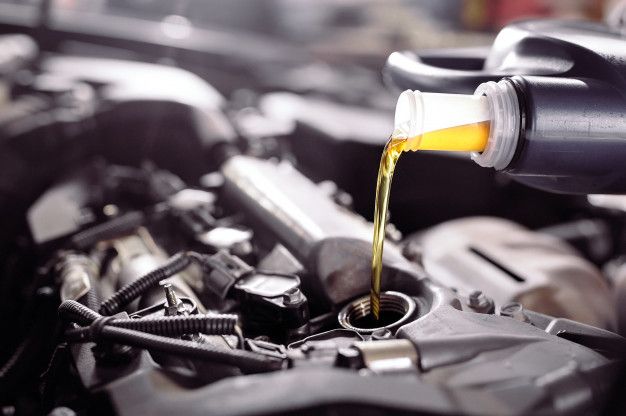When it comes to the maintenance of a car, one of the most critical aspects is the regular changing of engine oil. But how long does engine oil actually last? Let’s delve into this important topic to understand the shelf life of engine oil and the factors that affect it.
Shelf Life of Engine Oil
Engine oil, when stored properly in the manufacturer’s unopened packaging, can have a shelf life of up to five years. This indicates that if the oil is kept in a sealed container and under suitable storage conditions, it can retain its effectiveness for a considerable period.
Factors Affecting the Shelf Life
Several factors can influence the shelf life of engine oil, including:
- Storage Conditions: The way the oil is stored plays a crucial role in determining its shelf life. Proper storage, such as keeping it in a cool, dry place away from direct sunlight, can help maintain the oil’s quality.
- Type of Oil: Different types of engine oil, such as conventional, synthetic, or blended oils, may have varying shelf lives. Synthetic oils, for instance, are generally known for their longer shelf life compared to conventional oils.
- Container Seal: The integrity of the oil container or packaging is essential. A well-sealed container can prevent contamination and preserve the oil’s quality for a longer time.

Credit: www.beckmastensouth.com
Does Engine Oil Expire?
While engine oil does not have a strict expiration date like food or medication, it can deteriorate over time, especially when exposed to unfavorable conditions. The degradation of engine oil can lead to a decrease in its lubrication properties, potentially causing damage to vital engine components if used past its effective lifespan.
Impact of Inactivity on Engine Oil
Another aspect to consider is the impact of inactivity on engine oil. If a car is not driven frequently, the oil may become less effective over time. This is particularly relevant for individuals who own vehicles that are not used regularly, as the oil may degrade even without the car being in operation.

Credit: carfromjapan.com
Regular Oil Changes
Despite the potential long shelf life of engine oil, it is crucial to adhere to regular oil change intervals based on the manufacturer’s recommendations. The frequency of oil changes can vary depending on the type of oil used, driving conditions, and the specific requirements of the vehicle.
Frequently Asked Questions
Can I Use 10 Year Old Engine Oil?
Using 10-year-old engine oil is not recommended due to its degraded lubrication properties. It’s best to use fresh oil for optimal engine performance and protection.
Can Engine Oil Last 2 Years?
Engine oil should not be used for more than 2 years as it loses its lubrication properties over time. Using old oil can be detrimental to the engine’s vital components. It is recommended to change engine oil regularly to ensure optimal performance and longevity of the engine.
Does Oil Go Bad If You Don’t Drive?
Yes, engine oil can deteriorate if the car isn’t driven frequently, causing it to be less effective.
How Frequently Should I Change Engine Oil?
Engine oil should be changed every 3,000 to 5,000 miles or every 3 to 6 months, whichever comes first. Using old oil can lead to decreased lubrication for vital engine components. It is important to regularly change engine oil to ensure optimal performance and longevity of your vehicle.
Conclusion
Understanding the shelf life of engine oil is essential for maintaining the optimal performance and longevity of a vehicle. While engine oil can have a shelf life of up to five years when stored correctly, it is important to consider the impact of storage conditions, the type of oil, and the frequency of use. By staying informed about the shelf life of engine oil and adhering to regular maintenance schedules, car owners can ensure the proper functioning of their vehicles and minimize the risk of engine damage due to degraded oil.
